Conservative justices holding the Supreme Court’s majority pressed skeptical questions Tuesday about President Joe Biden’s plan to wipe away or reduce student loans held by millions of Americans.
The high court, with its 6-3 conservative majority, heard arguments on two challenges to the plan, which has so far been blocked by Republican-appointed judges on lower courts.
Arguments were scheduled to last two hours but were likely to go much longer. The public could listen in on the AP youtube channel or on the court’s website.
Several conservative justices spent time grilling the Biden administration’s top Supreme Court lawyer, Elizabeth Prelogar, and suggested that the administration had exceeded its authority with the program.
Chief Justice John Roberts pointed to the wide impact and expense of the program, which is estimated to cost $400 billion over 30 years.
“If you’re talking about this in the abstract, I think most casual observers would say if you’re going to give up that much … money. If you’re going to affect the obligations of that many Americans on a subject that’s of great controversy, they would think that’s something for Congress to act on,” Roberts said.
Roberts’ fellow conservative, Justice Brett Kavanaugh, suggested that the administration was using an “old law” to unilaterally implement a debt relief program that Congress had rejected. He said the situation was familiar: “In the wake of Congress not authorizing the action, the executive nonetheless doing a massive new program.”
That, he said, “seems problematic.”
Kavanaugh noted that the administration was citing the national emergency created by the coronavirus pandemic as authority for the debt relief program. But he argued that some of the “finest moments in the court’s history” have been “pushing back against presidential assertions of emergency power.”
The administration says that 26 million people have applied to have up to $20,000 in federal student loans forgiven under the plan.
“I’m confident the legal authority to carry that plan is there,” Biden said on Monday, at an event to mark Black History Month.
The president, who once doubted his own authority to broadly cancel student debt, first announced the program in August. Legal challenges quickly followed.
Republican-led states and lawmakers in Congress, as well as conservative legal interests, are lined up against the plan as a clear violation of Biden’s executive authority. Democratic-led states and liberal interest groups are backing the Democratic administration in urging the court to allow the plan to take effect.
Without it, loan defaults would dramatically increase when the pause on loan payments ends no later than this summer, the administration says. Payments were halted in 2020 as part of the response to the coronavirus pandemic.
The administration says a 2003 law, commonly known as the HEROES Act, allows the secretary of education to waive or modify the terms of federal student loans in connection with a national emergency. The law was primarily intended to keep service members from being worse off financially while they fought in wars in Afghanistan and Iraq.
Nebraska and other states that sued say the plan is not necessary to keep the rate of defaults roughly where it was before the pandemic. The 20 million borrowers who have their entire loans erased would get a “windfall” that will leave them better off than they were before the pandemic, the states say.
Dozens of borrowers came from across the country to camp out near the court on a soggy Monday evening in hopes of getting a seat for the arguments. Among them was Sinyetta Hill, who said that Biden’s plan would erase all but about $500 of the $20,000 or so she has in student loans.
“I was 18 when I signed up for college. I didn’t know it was going to be this big of a burden. No student should have to deal with this. No person should have to deal with this,” said Hill, 22, who plans to study law after she graduates from the University of Wisconsin-Milwaukee in May.
Biden’s plan could meet a frosty reception in the courtroom. The court’s conservatives have been skeptical of other Biden initiatives related to the pandemic, including vaccine requirements and pauses on evictions. Those were billed largely as public health measures intended to slow the spread of COVID-19.
The loan forgiveness plan, by contrast, is aimed at countering the economic effects of the pandemic.
The national emergency is expected to end May 11, but the administration says the economic consequences will persist, despite historically low unemployment and other signs of economic strength.
In addition to the debate over the authority to forgive student debt, the court also will confront whether the states and two individuals whose challenge also is before the justices have the legal right, or standing, to sue.
Parties generally have to show that they would suffer financial harm and benefit from a court ruling in their favor. A federal judge initially found that the states would not be harmed and dismissed their lawsuit before an appellate panel said the case could proceed.
Of the two individuals who sued in Texas, one has student loans that are commercially held and the other is eligible for $10,000 in debt relief, not the $20,000 maximum. They would get nothing if they win their case.
A decision is expected by late June.
(AP)

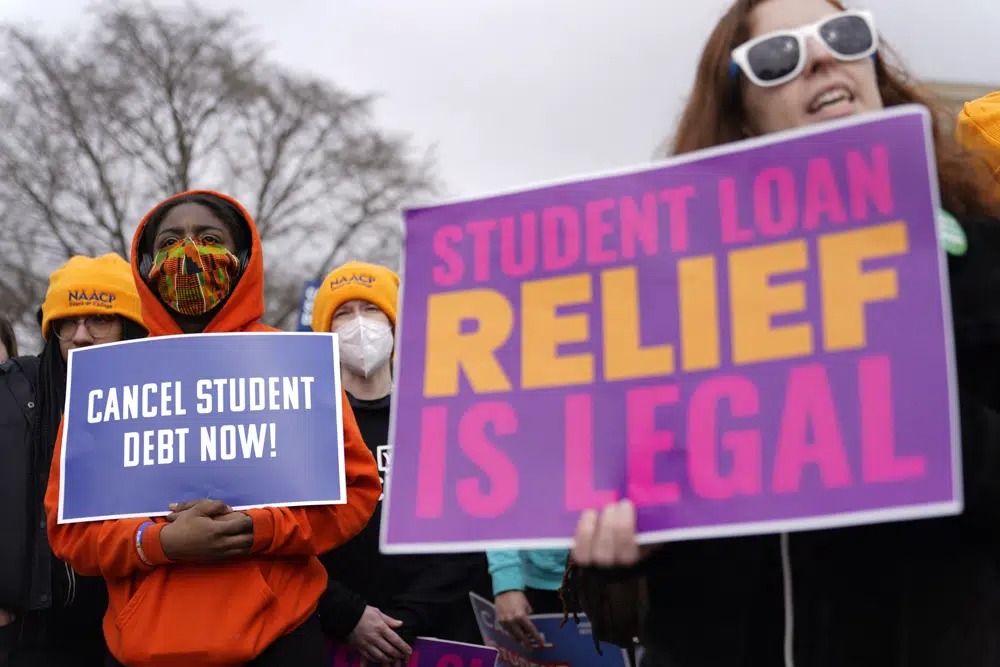





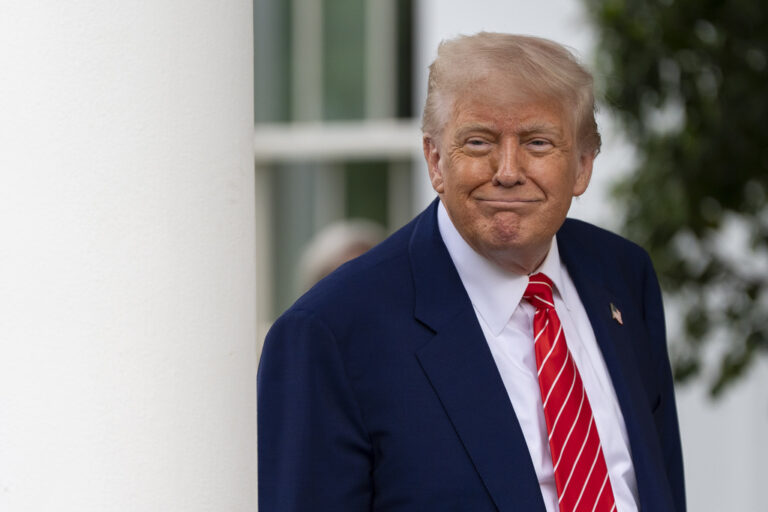
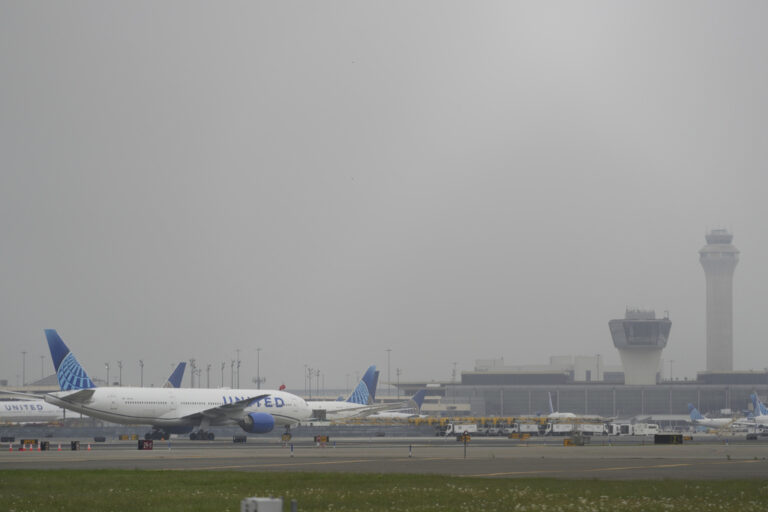
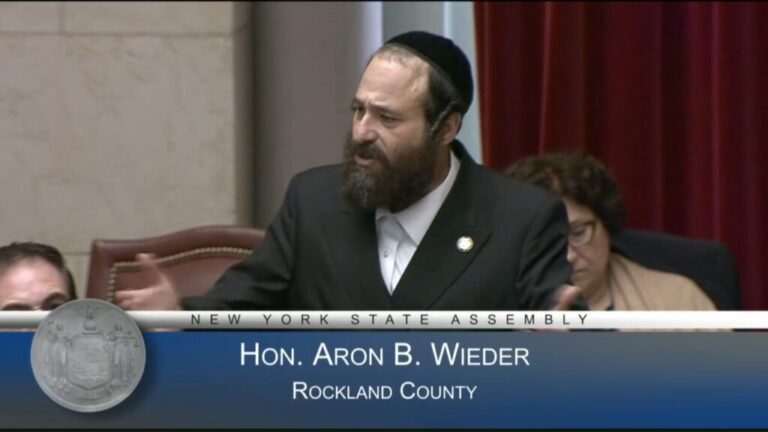
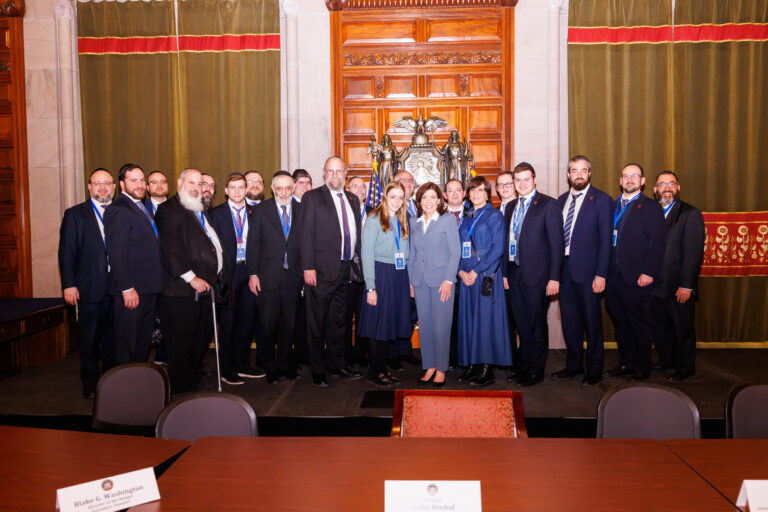
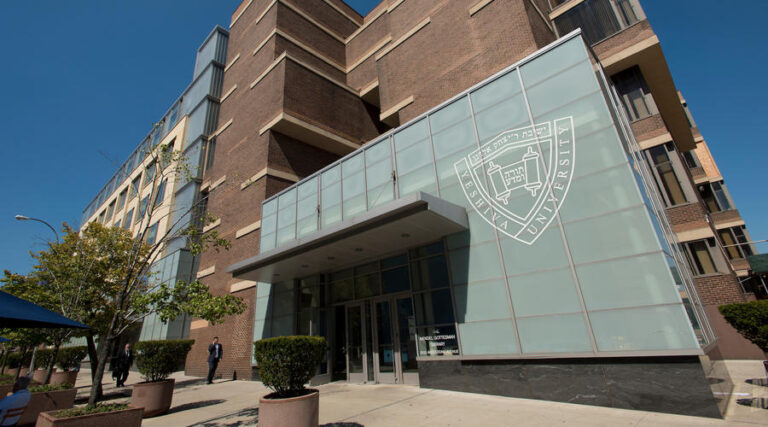
One Response
This is a classic “magna carta” issue. For the last 800+ years the Anglo-American system has had a rule the legislature, not the executive, decides on appropriation. Practically, it means that in theory no president, be it Clinton, or Bush, or Obama, or Trump or Biden, should be able to “decide” to spend the taxpayers money, but rather needs to ask Congress for authorization to spend the money.
Of course, we should note that King John did get a somewhat “bad rap” from history, and from a Jewish perspective, he was a nice guy. But that doesn’t mean the modern rights (in this case, the right of the taxpayers to elect a legislature that has the “power of the purse”) derived, very indirectly, from Magna Carta should be discarded.